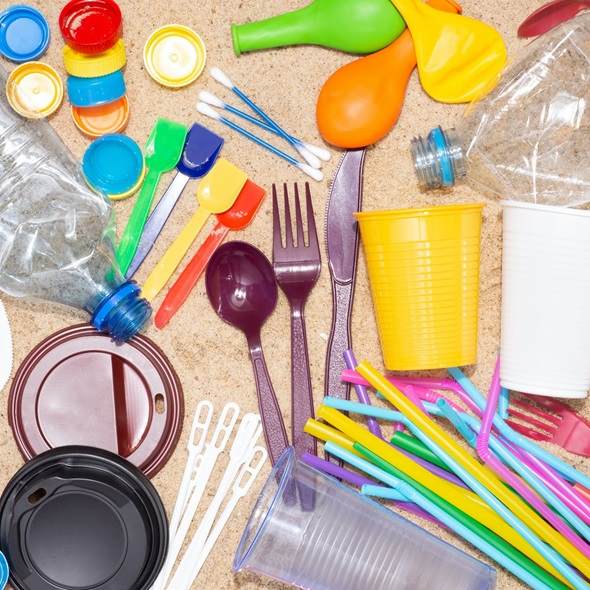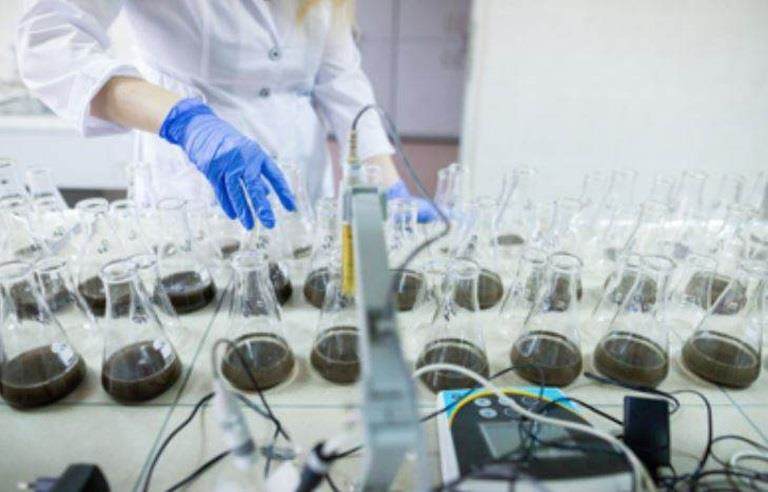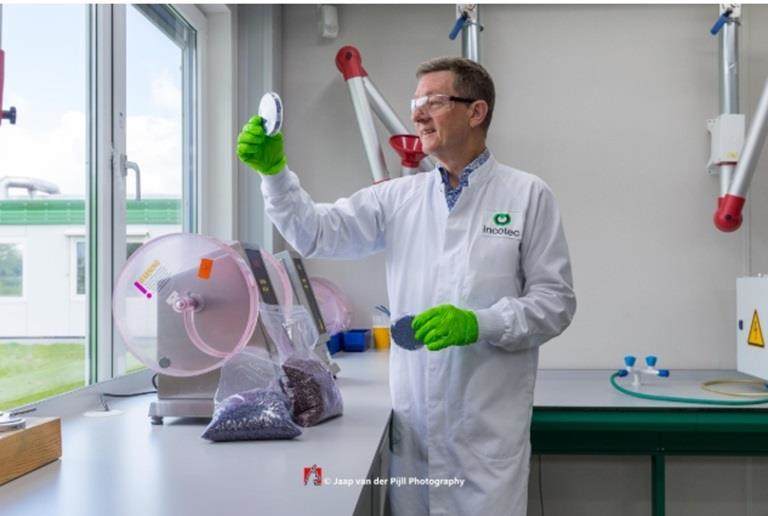Euroseeds: Microplastic-free coatings for vegetables announced
In this newsletter: Incotec's announcement at Euroseeds 2021 and an update on the legislation around (micro)plastics coming our way.
CONTENT
- New generation microplastic-free film coats for vegetable seeds
- Is there an update on the vote by European Parliament?
- Is the scope of the restriction expected to change?
- What other legislative activities are there around (micro)plastics in Europe?
New generation microplastic-free film coats for vegetable seed
At this year’s Euroseeds congress in Prague (18-20 October), Incotec is announcing a new range of microplastic-free film coatings, now specifically for vegetable seeds. The vibrantly coloured film coatings are compatible with commonly used plant protection products and perform well on parameters such as dust-off and flowability. The new coatings are part of a range of microplastic-free seed coatings that Incotec is offering in anticipation of restrictive legislation. Bruno Hoeltgebaum, global commercial manager: “Our focus continues to be on sustainable seed solutions, and we are very excited about these vegetable film coatings. This offers customers a more sustainable choice in quality film coating and keeps them ahead of the restrictions expected soon in Europe.”

Is there an update on the vote by the European Parliament?
The final vote on the intentionally added microplastic is still scheduled for 2021 with entry into force scheduled for early 2022. The committee received some additional comments concerning the infill material on artificial turf pitches and will need to address those. This might delay the final discussion with the member states and subsequently the vote. After the vote there will be a 3-month period when the parliamentary committee votes on this report and, possibly, amends it, before final adoption of the restriction. Different applications will have different transition periods with film coatings being 5 years and plant protection products 8 years following the entry into force date.
Is the scope of the restriction expected to change?
No, we don’t expect any changes in the scope of the restriction of the intentionally added microplastic in relation to agriculture. The definition is final, as well as the derogation – the following materials are not considered microplastics - natural and water soluble polymers, polymers without carbon in their backbone or sidechains are exempt from this restriction.
What other legislative activities are there around (micro)plastics in Europe?
Besides the restriction around intentionally added microplastics, as of July 2021 single-use plastics like straws, plastic bottles, coffee cups and takeaway containers made from certain materials are banned in the EU. Besides littering the seas and beaches, it’s well-known that these items contribute to the microplastic problem since a part of the products breaks down into smaller particles. Find more detail here on Euro News.


Pruebas de biodegradabilidad de los microplásticos: lo que hay que saber
